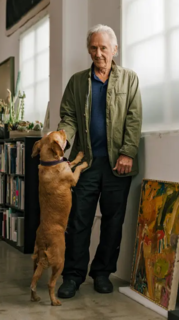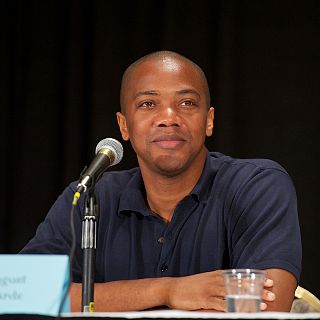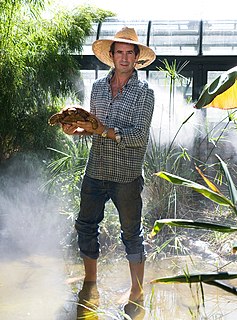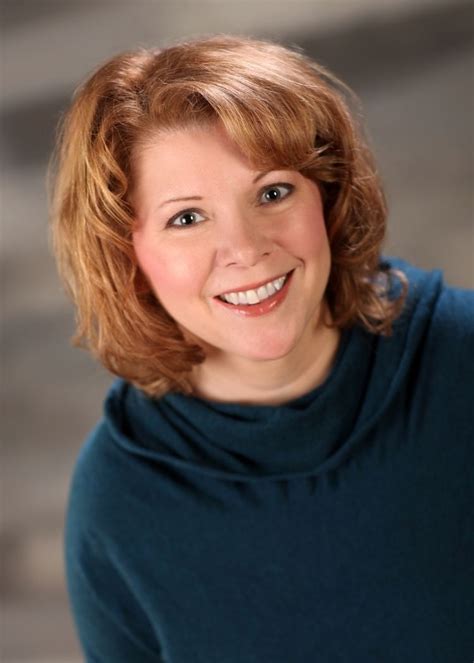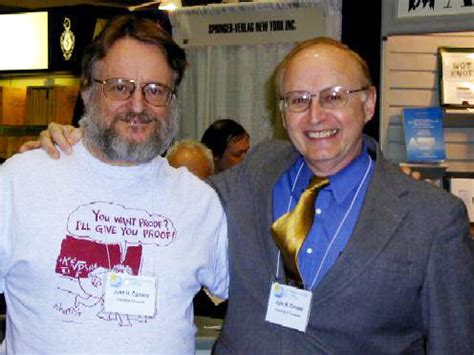A Quote by Edward Ruscha
My pictures are not that interesting, nor the subject matter. They are simply a collection of facts; my book is more like a collection of Ready-mades.
Quote Topics
Related Quotes
It's interesting, but because I have my own collection, I actually almost never purchase jewelry unless it's sort of playful, whimsical pieces that are more fashion, a little less investment-oriented. Most of my personal jewelry collection is from my own collection. The pieces that get layered in tend to be gifts from my husband.
I started collecting baseball cards and basketball cards when I was younger. I have a CD collection that turned into a DVD collection, and I have a Jordan shoe collection. And I don't drink, but I have a wine collection. I just started a sweatshirt collection. Every city that I'm in, I buy a sweatshirt. It's just something that I do.
This is a column collection, or as one colleague called it, "history in real time," recounting my perspective on the highs and lows of this presidency from an African-American perspective. More than simply a column collection, the book has a substantial introduction that frames the [Barack] Obama presidency, explores the way Obama was treated by the political establishment and also how this first black president treated "his" people. In the epilogue, I use numbers to tell the story of African-American gains and losses during this presidency.
My Picassos and Ferraris - those are kind of just toys. Those aren't the things that matter. What matters in the car collecting or the art collecting is to learn about it, and then actually not the acquisition but to put them into a collection that I think is curated. You know, so something of me in the collection that the artist actually created the work. If I was going to collect art, it had to be something of me, my eye, things that appeal to me so when I looked at it, it would really look like a collection, not just an accumulation of stuff.
Books were rare,expensive, time-consuming to create and copy, and difficult to transport. That is why collections ofprint-based books developed around centers of religious belief, learning, and wealth. It was cheaper andeasier for people to come to the collection than for the collection, or parts of the collection, to go to thepeople.
